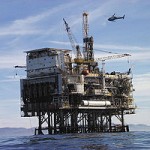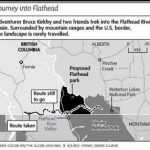by Catherine Haug
It must be recognized that humans throughout our history have been curious and inventive, loving to solve problems. We are very creative animals.
Today’s biggest challenge to innovative thinking comes from the use of fossil fuels: their depletion (peak oil), coupled with a warming planet resulting from their use.
One proposed solution is “green building,” which means the utilization of technology and construction materials/techniques that:
- Increase energy efficiency of the structure by minimizing heat loss in the winter/maximizing heat loss in summer;
- Generate power on-site (such as with solar panels), for total off-grid living, or to minimize consumption from the grid;
- Reduce water waste and/or increase environmental water capture;
- Minimize environmental impact of the project; and
- Increase the value of the home or commercial property.
Words such as “sustainable,” “environmentally-friendly,” etc. pepper the conversation, generating hope that we can save the planet by maximizing energy return/savings in the construction project.
Wikipedia provides the following definition:
“Green Building … is the practice of creating structures and using processes that are environmentally responsible and resource-efficient throughout a building’s life-cycle: from siting to design, construction, operation, maintenance, renovation, and deconstruction.
Consider This… (more…)

